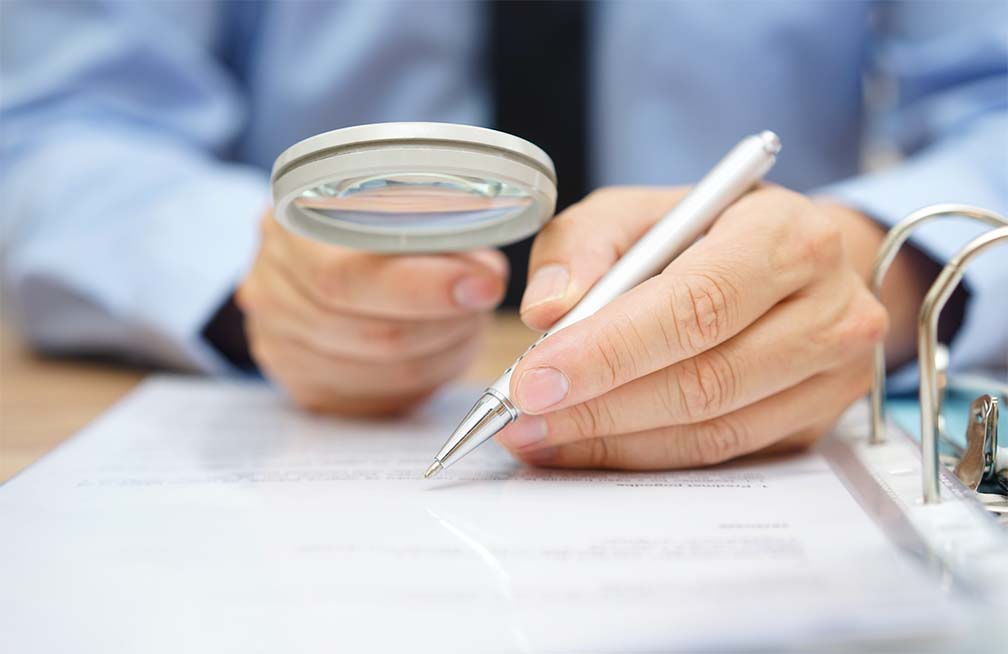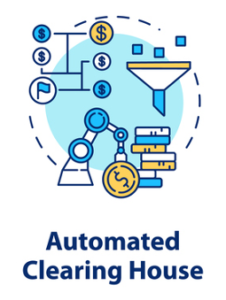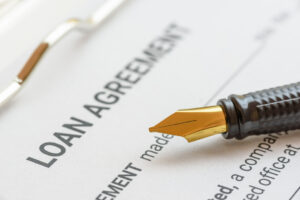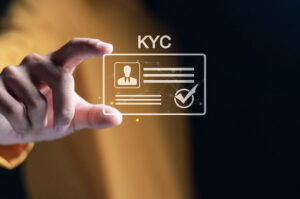Commercial loan due diligence is a critical aspect of the lending process that helps both lenders and borrowers ensure a successful loan transaction. This comprehensive guide will delve into the concept of commercial loan due diligence, its significance, and the different approaches for lenders and borrowers. By understanding the process from both perspectives, you can better prepare and navigate the complex world of commercial lending.
What is Commercial Loan Due Diligence?
Commercial loan due diligence is the process of thoroughly investigating and evaluating the various aspects of a loan transaction to ensure that all parties involved are fully informed and protected. This process aims to identify potential risks, assess creditworthiness, and verify the accuracy of the information provided by both the borrower and the lender. Due diligence is a vital step in the lending process, as it helps minimize the chances of loan defaults, fraud, and other issues that could negatively impact the parties involved.
Commercial Loan Due Diligence for Lenders
A comprehensive approach to due diligence for lenders involves a multi-faceted review of various aspects of the borrower’s financial and business status. Each of these components plays a significant role in evaluating the feasibility and safety of the loan.
Credit history review:
A meticulous examination of the borrower’s personal and business credit history forms the cornerstone of the lender’s due diligence. This analysis extends beyond a simple credit score check. Lenders delve into past borrowing habits, repayment timelines, and the borrower’s management of both personal and business-related debts. A consistent track record of timely repayments signifies a responsible borrower and indicates a lower risk, thereby increasing the chances of loan approval.
Financial statement analysis:
Understanding the borrower’s financial standing is key in assessing their ability to repay the loan. Lenders scrutinize balance sheets for assets and liabilities, income statements for revenue trends and profitability, and cash flow statements for operational liquidity. Each statement offers insights into the financial health and stability of the business, which directly impacts the repayment capacity.
Collateral evaluation:
Collateral serves as a safety net for lenders, providing a means of recovery in case of loan default. Lenders thoroughly assess the type, value, and quality of collateral offered. Whether it’s real estate, equipment, or receivables, a thorough appraisal helps determine the appropriate loan-to-value (LTV) ratio, and, subsequently, the loan amount.
Business plan review:
Lenders place significant emphasis on reviewing the borrower’s business plan. This document outlines the company’s goals, strategies, market position, and projected financial performance. A well-structured business plan indicates the borrower’s ability to strategize for growth, manage resources effectively, and ultimately repay the loan.
Legal and regulatory compliance:
Lenders need to ensure that the borrower’s business operates within the confines of the law. This includes checking for appropriate licenses, adherence to industry regulations, and conformity with employment laws. Non-compliance can result in penalties and reputational damage, which may affect the borrower’s ability to repay the loan.
Market and industry analysis:
This involves studying the borrower’s industry trends, competitive landscape, and market conditions. Lenders need to understand potential risks like economic downturns, increased competition, or regulatory changes that could affect the borrower’s business performance and, consequently, their loan repayment capacity.
Each aspect of the due diligence process aids lenders in creating a holistic picture of the borrower’s creditworthiness, ensuring that they make informed, risk-averse lending decisions.
Commercial Loan Due Diligence for Borrowers
When approaching commercial loan due diligence from the borrower’s perspective, the process involves a comprehensive evaluation of potential lenders, loan terms, collateral, legal aspects, and risk factors. Each step is vital in ensuring the borrower’s full understanding and commitment to the loan agreement.
Lender evaluation:
Before selecting a lender, borrowers should conduct exhaustive research, comparing various aspects such as the lender’s reputation, range of loan products, customer service, and past borrower experiences. This step is crucial as it sets the stage for a long-term relationship, and hence, finding a lender that understands and caters to the specific needs of the borrower’s business is paramount.
Loan term analysis:
Borrowers need to thoroughly review and comprehend the loan terms. This includes the principal amount, interest rates, repayment schedules, and associated fees. Additionally, understanding potential penalties, such as those for prepayment or late payment, is essential. The goal is to have a clear picture of the total cost of the loan and how it fits into the business’s financial plan.
Collateral assessment:
Pledging collateral is a common requirement for commercial loans. Borrowers should carefully evaluate the assets they intend to pledge, ensuring they are of adequate value and acceptable to the lender. This process involves understanding the implications of pledging specific assets, the method of valuation, and the consequences in the event of default.
Legal review:
Commercial loan agreements can be complex, laden with legal jargon and provisions. It’s crucial for borrowers to consult with legal counsel to review the contract, ensuring they fully comprehend their rights, obligations, and potential legal implications. This step helps to prevent any surprises and protect the borrower’s interests.
Risk assessment:
Lastly, borrowers should conduct a comprehensive risk assessment. This involves identifying potential issues that could affect their ability to repay the loan. It could include factors such as changes in market conditions, regulatory changes, or unexpected business expenses. By understanding these risks, borrowers can develop contingency plans, ensuring they are prepared for various scenarios.
In essence, commercial loan due diligence is a crucial step for borrowers to ensure they engage in a loan agreement that aligns with their business needs and capabilities. This comprehensive approach helps borrowers to make informed decisions, safeguarding their business’s financial health.
Importance of Commercial Loan Due Diligence
Commercial loan due diligence is critical for several reasons:
- Risk mitigation: Due diligence helps lenders and borrowers identify and address potential risks associated with the loan, minimizing the chances of default or other adverse outcomes.
- Informed decision-making: Through the due diligence process, both parties gain a comprehensive understanding of the loan transaction, allowing them to make informed decisions.
- Compliance: Due diligence helps ensure that both lenders and borrowers comply with all applicable laws, regulations, and industry standards, reducing the likelihood of legal issues.
- Transparency: The due diligence process promotes transparency and open communication between lenders and borrowers, fostering a strong working relationship throughout the loan transaction.
- Confidence: By conducting thorough due diligence, both lenders and borrowers can enter into a loan agreement with confidence, knowing that they have taken the necessary steps to minimize risks and protect their interests.
Commercial Loan Due Diligence Checklist
To help you navigate the commercial loan due diligence process, here is a checklist of essential tasks for both lenders and borrowers:
For Lenders:
- Obtain and review the borrower’s credit history.
- Analyze the borrower’s financial statements.
- Evaluate the collateral offered by the borrower.
- Review the borrower’s business plan.
- Verify legal and regulatory compliance.
- Conduct market and industry analysis.
For Borrowers:
- Research and evaluate potential lenders.
- Review and understand loan terms and conditions.
- Assess the collateral to be pledged.
- Consult with legal counsel to review loan documentation.
- Conduct a risk assessment.
- Prepare and organize all required documentation.
In conclusion, commercial loan due diligence is an essential process for both lenders and borrowers, helping to mitigate risks, ensure compliance, and promote informed decision-making. By understanding the due diligence process from both perspectives and following a comprehensive checklist, you can better prepare for a successful loan transaction and protect your interests. Remember, thorough due diligence is an investment in the success and stability of your business, so take the time and effort to get it right. If you need any more information about commercial lending, feel free to contact Bankershub today!








